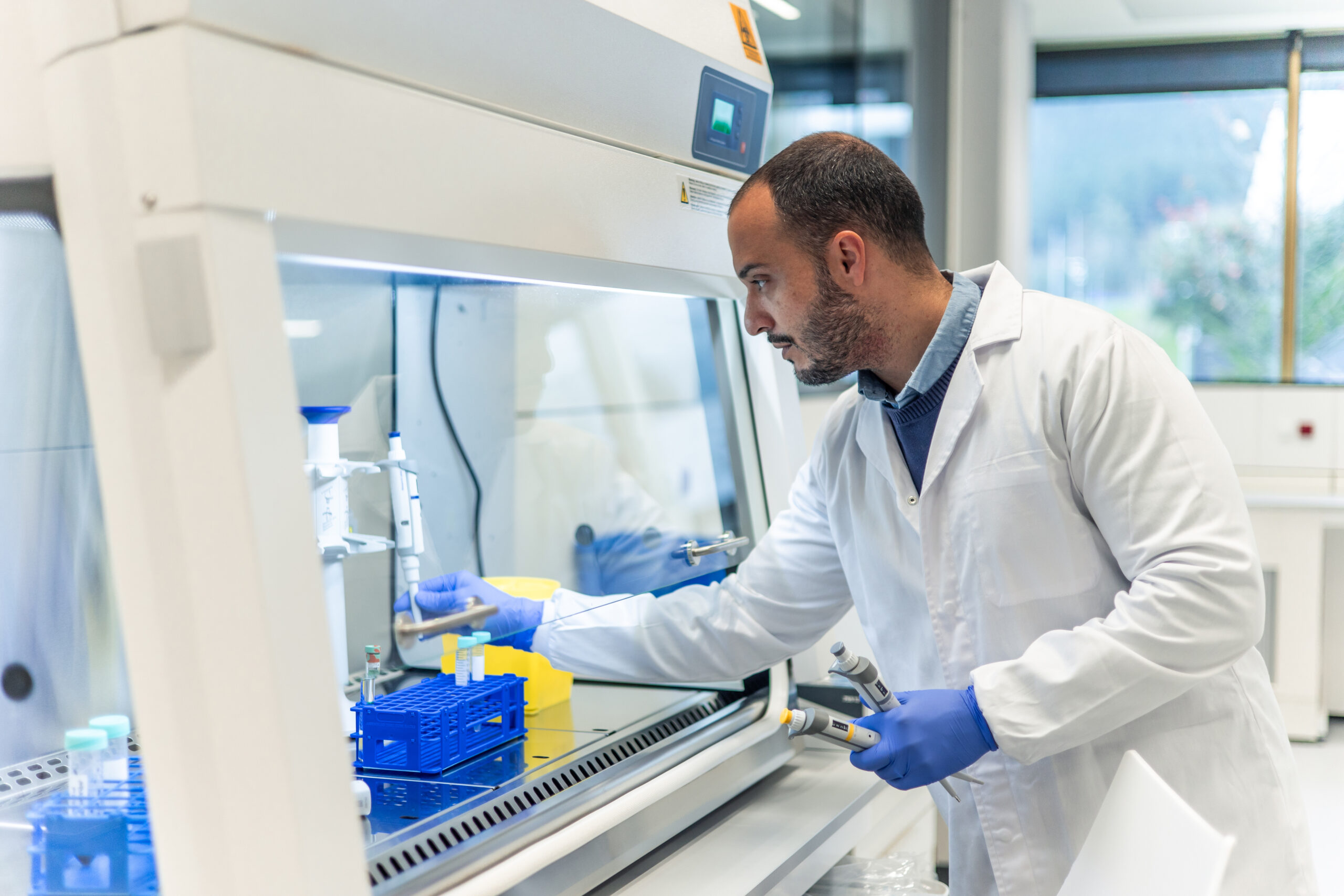Project Management Conference Focuses on Sustainability

As we train people today to become tomorrow’s organizational leaders and project managers, we need to ensure they unmistakably understand that social responsibility and profit are not mutually exclusive and that protecting the long-term interests of stakeholders in their decision-making process is a fiduciary duty well fulfilled.
 With that in mind, the Master of Science in Project Management program will hold its first Project Management Conference in Boston on April 29, “Managing Projects for Sustainability” in collaboration with the Project Management Institute (PMI) Mass Bay Chapter. The conference will focus on the future of the field of project management, where project success is defined as more than simply achieving the project objectives of scope performance, schedule, and budget, but rather taking into consideration the connection between projects and the future of an organization, as well as a broader set of societal objectives. Open to current students, alumni, academics, industry experts, and the project management community at large, the sold-out conference is an opportunity for Northeastern University to engage its community in new ways of thinking about both business and project management processes.
Sriram Rajagopalam, vice president and PMO within Optus Health, will give the keynote address titled, “TONES: Framework for transforming Project Management.” Speakers at the conference will also address topics such as: “Leveraging technology to ensure healthcare sustainability” and “Agile project management as a strategic tool.”
Why Sustainable Project Management Matters
Sustainable project management is about ensuring organizational strategies are linked to operations in a way that protects stakeholders’ long-term interests. Focusing only on short-term goals has proven to be a self-destructive strategy. As a project management framework, sustainable project management is an integrated approach that seeks to meet stakeholders’ existing needs – including business and project requirements – and, at the same time, addresses the need for effectiveness and efficiency in the future. It encompasses economic, social, environmental, short- and long-term business objectives. A very important aspect of sustainable project management is that it considers both the project and the product life cycle in the planning phase of the project.
Sustainability principles are applicable in all industry sectors and can be integrated with leadership, technical project management, and strategic management topics. Sustainable project management is the only way to remove the word “sustainability” from the abstract and connect it to the bottom line; that is, business value and long-term organizational success.
This conference is the start of the conversation within the College of Professional Studies and within our project management community.
Jacques Alexis is an assistant teaching professor in the Master of Science in Project Management program.
With that in mind, the Master of Science in Project Management program will hold its first Project Management Conference in Boston on April 29, “Managing Projects for Sustainability” in collaboration with the Project Management Institute (PMI) Mass Bay Chapter. The conference will focus on the future of the field of project management, where project success is defined as more than simply achieving the project objectives of scope performance, schedule, and budget, but rather taking into consideration the connection between projects and the future of an organization, as well as a broader set of societal objectives. Open to current students, alumni, academics, industry experts, and the project management community at large, the sold-out conference is an opportunity for Northeastern University to engage its community in new ways of thinking about both business and project management processes.
Sriram Rajagopalam, vice president and PMO within Optus Health, will give the keynote address titled, “TONES: Framework for transforming Project Management.” Speakers at the conference will also address topics such as: “Leveraging technology to ensure healthcare sustainability” and “Agile project management as a strategic tool.”
Why Sustainable Project Management Matters
Sustainable project management is about ensuring organizational strategies are linked to operations in a way that protects stakeholders’ long-term interests. Focusing only on short-term goals has proven to be a self-destructive strategy. As a project management framework, sustainable project management is an integrated approach that seeks to meet stakeholders’ existing needs – including business and project requirements – and, at the same time, addresses the need for effectiveness and efficiency in the future. It encompasses economic, social, environmental, short- and long-term business objectives. A very important aspect of sustainable project management is that it considers both the project and the product life cycle in the planning phase of the project.
Sustainability principles are applicable in all industry sectors and can be integrated with leadership, technical project management, and strategic management topics. Sustainable project management is the only way to remove the word “sustainability” from the abstract and connect it to the bottom line; that is, business value and long-term organizational success.
This conference is the start of the conversation within the College of Professional Studies and within our project management community.
Jacques Alexis is an assistant teaching professor in the Master of Science in Project Management program.

Jacques Alexis is an Assistant Teaching Professor in the Master of Science in Project Management program.




